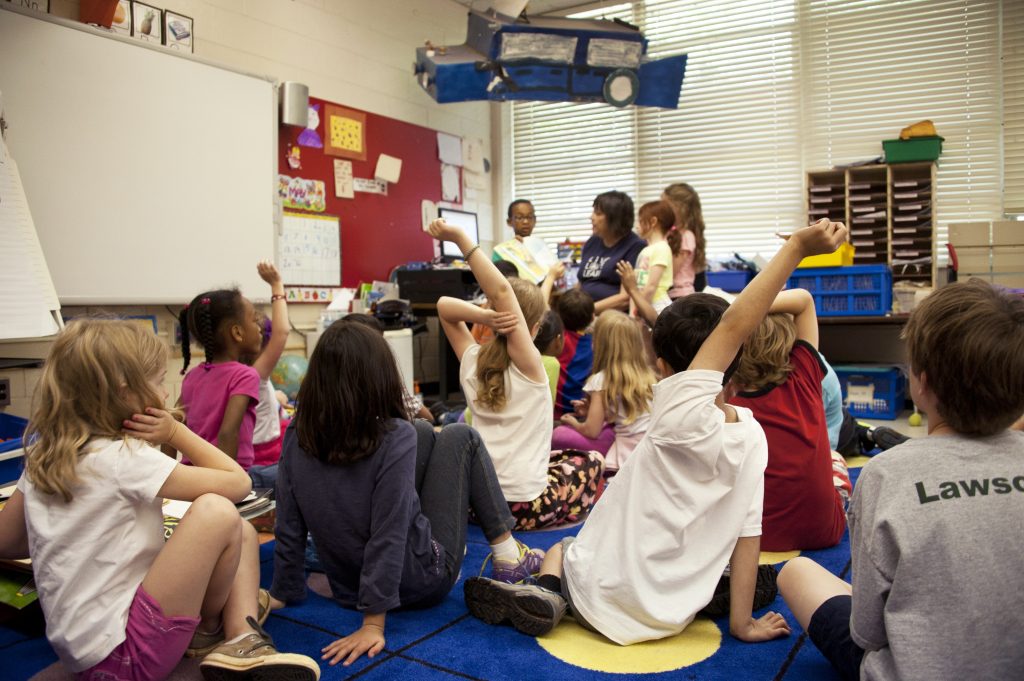Do you believe in “Early intervention”?
Time is ticking and don’t “wait-and-see”. Early intervention matters. It is extremely important, than the out-dated “wait-and-see” approach. It is never too soon to seek out intervention for our children. Keeping a track of how your kid plays, speaks, moves, and acts in their early years will help you to support their development. Act early when you suspect a problem and follow your gut.
Early intervention:
Early intervention is a collection of therapy and support services provided to infants and toddlers with developmental delays or disabilities to mitigate the factors that can impair their healthy development. The goal is to equip our children with autonomy and independence to live in a neurotypical world. A lot of parents are already witnessing differences in their children from the neurotypical ones. But most of them worry about the outcomes of talking about the difficulties that their little ones face. Many parents don’t want to diagnose their children due to their internalized ableism. Social stigma, lack of awareness or fear of the unknown, and an assumption that the child will grow out of it lead the parents in denial of neurodevelopmental disorders and early intervention. It is really hard to look at the little ones and acknowledge them as different when we know that they will struggle more than a typical child to live in our society. We don’t want our kids to get hurt or marginalized. Being the nurturers, we have to support our children and empower ourselves to be the parents our children need and embrace their true identity.
Why early intervention?
Early intervention helps in the overall development of children. The early years of life are crucial because the development of the brain starts before birth and the early years become the foundation of healthy life. Early intervention helps the children build behavioral, social, and self-regulatory capacities, cognitive functioning, and physical health.
The primary reasons for early intervention are:
· To improve the physical (gross and fine motor skills and physical coordination), cognitive (thinking, learning, and problem-solving), language and communication (listening, talking, and understanding), social or emotional (playing, social interaction, expressing, and understanding feelings), and self-help(eating, dressing, and toileting) skills.
· To minimize the potential for developmental delay.
· To provide support and assistance to families and enhancing the caregiving environment.
It includes:
· Speech therapy: Assessment of communication, comprehension, expression, and auditory function and provides intervention.
· Occupational therapy: Assess and strengthen a child’s developmental levels and functional performance.
· Physiotherapy: Physiotherapy helps with motor skills and body postures.
· Behavior modification: Behavioural therapy focuses on strengthening positive child behavior and provides training for the parents.
· Family intervention: Family intervention provides resources, support, and information to the parents, and helps the parents to gain skills in observing and understanding their children.
If your child is different, don’t be so afraid to admit it. Identifying the signs and symptoms which hinder the typical development of the children is so important. It’s not always easy to admit that our children need help, but don’t let your fear affect the life of your little one. Early intervention benefits everyone. You know your child better than anyone, trust your instincts, and don’t wait for a miracle to happen. Free yourself from the thought that these signs will eventually fade away as the child grows. Take time to think about what your child needs. Providing a quality diagnosis for a child who needs it means, ensuring long-term care and support to accelerate their progress and it will make a huge difference in their life.




